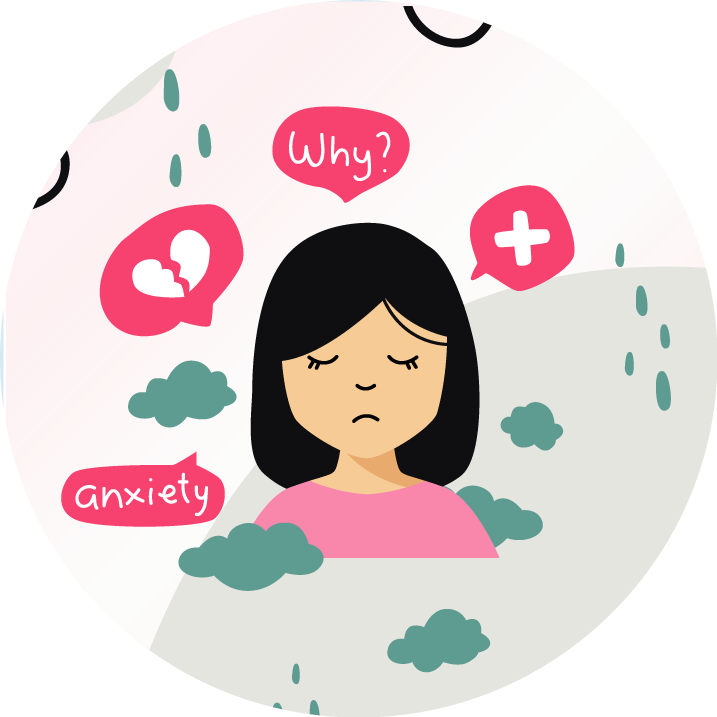Transition from Campus to Corporate: An Expert’s Guide

Transition from Campus to Corporate: An Expert’s Guide
September 20 2025 TalktoAngel 0 comments 46 Views
The journey from the comforting corridors of a college campus to the structured environment of the corporate world can be both exciting and overwhelming. While college offers freedom, exploration, and growth, the professional world demands responsibility, accountability, and adaptability. For many young graduates, this transition brings a mix of emotions — eagerness to begin a new chapter and anxiety about the unknown. From a psychological and counseling perspective, understanding the emotional, social, and professional adjustments required during this shift is crucial for a smooth and successful transition.
1. The Emotional Rollercoaster: Acknowledge and Accept
Leaving the familiar environment of college often evokes mixed feelings. Students may feel a sense of loss, confusion, and fear about what lies ahead. The pressure to perform, secure financial independence, and make career-defining choices can lead to heightened stress and anxiety.
Psychological Tip: Accepting that it’s normal to feel uncertain helps manage expectations. According to Schlossberg’s Transition Theory, individuals who are changing need to understand the situation, themselves, the support available, and coping strategies to navigate transitions effectively.
Counseling Insight: Talking to a counselor or mentor about these emotional shifts can help normalize experiences and reduce feelings of isolation.
2. Redefining Identity and Role
In college, students are mostly evaluated on academic performance and peer interaction. In the workplace, their identity shifts to that of a professional contributing to business goals. This change requires a recalibration of how individuals perceive themselves and their value.
Challenge: New employees might struggle with impostor syndrome, the feeling that they are not competent enough, despite evidence of their capabilities. This is especially common among high-achieving graduates.
Strategy: Practice self-compassion, focus on continuous learning, and acknowledge small wins. Psychologist Dr. Kristin Neff highlights self-compassion as a powerful tool in fostering resilience and emotional balance during role transitions.
3. Developing Emotional Intelligence
Success in the workplace isn't just about technical skills; emotional intelligence (EI) plays a critical role. EI, the ability to recognize, understand, and manage one's emotions and the emotions of others, is essential for collaboration, conflict resolution, and leadership.
Skill Development:
- Practice active listening
- Manage stress constructively
- Empathize with co-workers
Respond rather than react in challenging situations
Daniel Goleman, a leading expert on EI, emphasizes that emotional competencies significantly contribute to career success, more than IQ, in many scenarios.
4. Navigating Workplace Culture and Communication
College students often communicate freely with friends and professors, but corporate communication demands professionalism, clarity, and tact. Moreover, understanding workplace culture, the unwritten rules, hierarchy, and etiquette is key to fitting in and thriving.
Tips for Adaptation:
- Observe and understand company norms
- Learn formal email etiquette and meeting behavior
- Respect healthy boundaries and cultural differences
Psychological Insight: Anthropologist Edward T. Hall’s theory of high-context and low-context cultures can help individuals understand how communication styles vary across organizations and adapt accordingly.
5. Coping with Stress and Maintaining Work-Life Balance
Early career professionals often face long hours, tight deadlines, and high expectations. If not managed well, these demands can lead to burnout, anxiety, or even depression.
Strategies for Mental Wellness:
- Set realistic goals and priorities
- Take regular breaks and maintain hobbies
- Exercise, eat healthily, and get enough sleep
Seek support when needed, don’t normalize excessive stress
Counseling Perspective: Regular counseling or coaching sessions can help individuals manage workplace stress, develop coping strategies, and enhance their overall well-being.
6. Building Support Systems and Networking
Unlike college, where support systems are built organically, professionals must make deliberate efforts to build relationships at work. This includes finding mentors, allies, and friends who can provide guidance and emotional support.
Networking Tips:
- Attend office events and team lunches
- Participate in interest-based groups or forums
- Approach peers and seniors with genuine interest
According to social psychologist Julianne Holt-Lunstad, strong social connections are linked to increased longevity and decreased risk of mental health issues.
7. Embracing Lifelong Learning and Growth Mindset
Graduating from college doesn’t mean the end of learning. The corporate world requires continuous upskilling, adaptability, and a willingness to learn from mistakes.
Mindset Shift:
- Be open to feedback
- View setbacks as learning opportunities
- Invest in professional courses and certifications
Carol Dweck’s concept of a growth mindset, believing that abilities and intelligence can be developed, is vital in adjusting to the learning curve of corporate life.
8. Recognizing When to Seek Help
If the transition feels too overwhelming or if one experiences persistent anxiety, sadness, or burnout, it’s essential to seek professional support. Therapists and counselors can help identify underlying issues, improve coping strategies, and promote mental wellness. Early intervention can prevent deeper psychological challenges.
Conclusion
The transition from campus to corporate life is a rite of passage that brings challenges and growth in equal measure. While academic education provides the foundation, the emotional and social aspects of workplace integration require conscious effort, adaptability, and resilience.
With the right mindset, emotional tools, and support systems, young professionals can not only survive but thrive in their new roles. By prioritizing mental health, seeking mentorship, and embracing continuous learning, this transition can be a meaningful step toward personal and professional fulfillment.
Contributed by: Dr (Prof.) R K Suri, Clinical Psychologist & Life Coach, & Ms. Sakshi Dhankhar, Counselling Psychologist
References
- Goleman, D. (1995). Emotional Intelligence. Bantam Books.
- Neff, K. (2011). Self-Compassion: The Proven Power of Being Kind to Yourself. William Morrow.
- Schlossberg, N. K. (1981). A model for analyzing human adaptation to transition. The Counseling Psychologist, 9(2), 2-18.
- Dweck, C. S. (2006). Mindset: The New Psychology of Success. Random House.
- Holt-Lunstad, J. (2015). The role of social relationships in mortality risk: A meta-analytic review. PLOS Medicine, 7(7), e1000316.
- https://www.talktoangel.com/blog/workplace-red-flag-and-green-flag
- https://www.talktoangel.com/blog/revolutionizing-employee-benefits-through-eap-in-asia-pacific
- https://www.talktoangel.com/blog/bereavement-leave-policy-hr-support-through-eap
- https://www.talktoangel.com/blog/eap-services-to-support-pregnancy-and-motherhood-for-women-employees
Leave a Comment:
Related Post
Categories
Related Quote

“Anxiety is a thin stream of fear trickling through the mind. If encouraged, it cuts a channel into which all other thoughts are drained.” - Arthur Somers Roche

“You say you’re ‘depressed’ – all I see is resilience. You are allowed to feel messed up and inside out. It doesn’t mean you’re defective – it just means you’re human.” - David Mitchell, Cloud Atlas

"The opposite of love is not hate; it’s indifference." - Elie Wiesel

“We need to do a better job of putting ourselves higher on our own ‘to-do’ list.” - Michelle Obama

As we look ahead into the next century, leaders will be those who empower others. - Bill Gates
Best Therapists In India





































SHARE